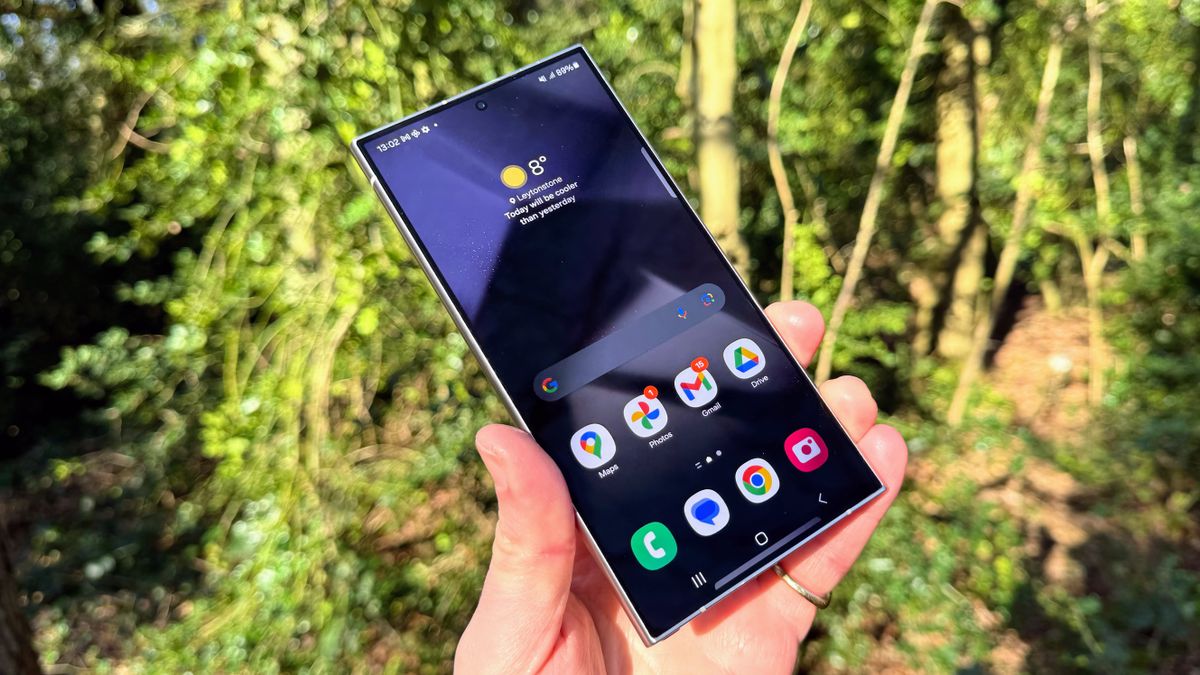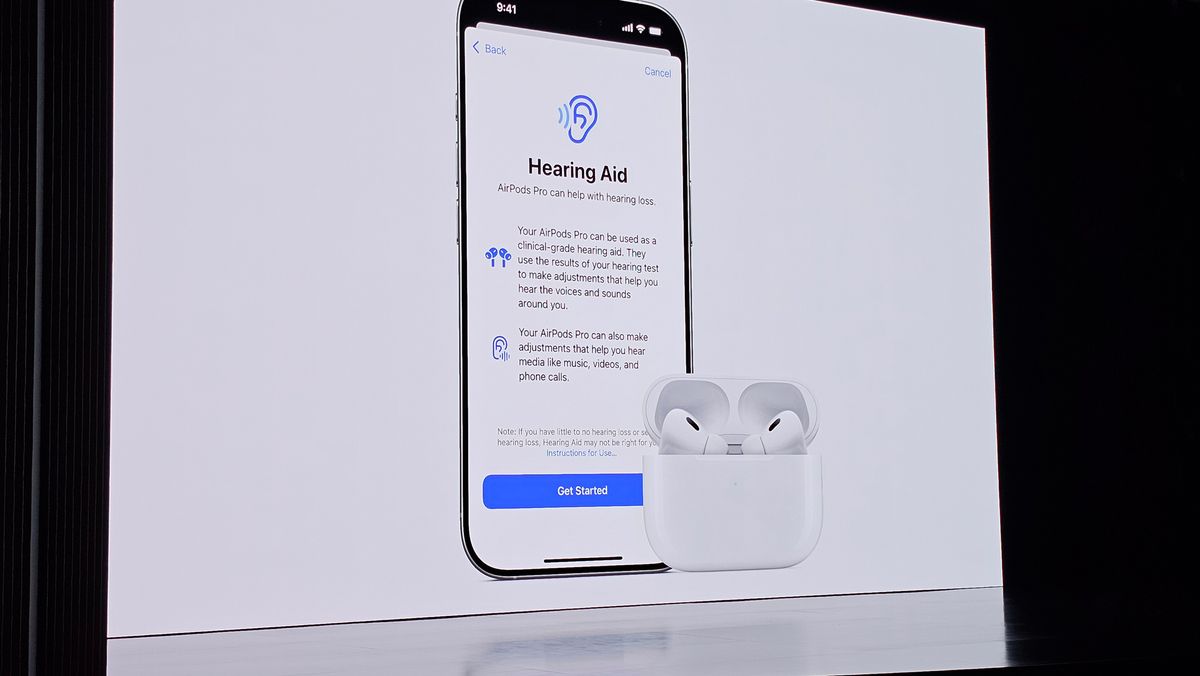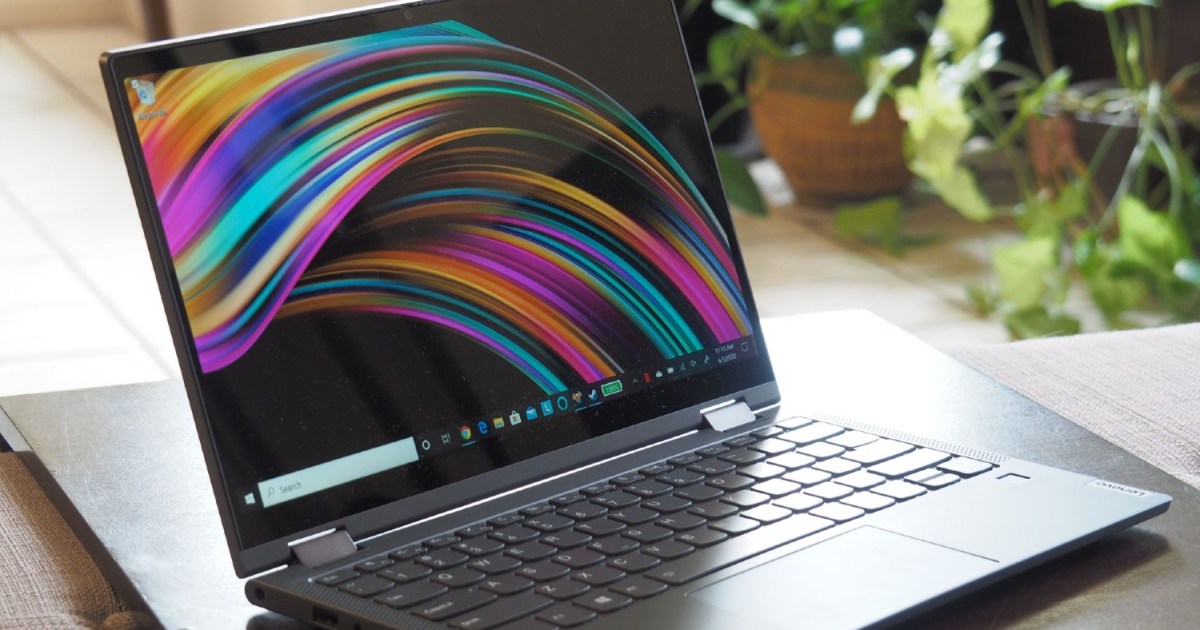The caller Google Pixel bid landed connected nan marketplace astatine nan extremity of August, filling aficionados pinch excitement. Google Pixel 9 comes pinch a sleek caller design, precocious cameras, and wide improved performance, each while bringing nan champion of Google AI to your fingertips. However, experts pass it whitethorn travel astatine nan costs of your privateness – and not moreover nan best VPN apps tin help.
According to a Cybernews report published connected October 9, nan shiny caller telephone allegedly sends a immense magnitude of your backstage information (like location, web status, telephone number, and app list) each 15 minutes to nan Big Tech giant's servers. Researchers moreover declare it perchance has distant guidance capabilities without personification consciousness aliases approval.
Google has denied each nan allegations, saying that immoderate information transmission is basal to connection its services. The institution has besides accused Cybernews' study of lacking "crucial context" while misinterpreting method details.
Keep reference arsenic I effort to shed immoderate ray connected nan matter while stepping you done my apical information tips to boost your mobile privacy.
Data privateness and information claims
The Cybernews study makes a batch of claims astir nan grade of Google's surveillance wrong its latest flagship smartphone series.
As mentioned earlier, nan shaper allegedly sends nan user's personally identifiable accusation successful nan inheritance each 15 minutes to various Google endpoints, including Device Management, Policy Enforcement, and Face Grouping. This information includes their email address, telephone number, location, app list, and different telemetry and statistics.
Google Pixel 9 supposedly requests a 'check-in’ endpoint astir each 40 minutes, too, listing low-level features enabled connected nan phone. These see information specified arsenic whether nan instrumentality is connected to Wi-Fi aliases utilizing mobile data, nan SIM paper carrier, and truthful on.
▪️@CyberNews research▪️ Google's latest flagship smartphone raises concerns astir personification privateness and security. #GooglePixel9 #GooglePixel #privacy #smartphone #Google #BigTech https://t.co/zUoZ20WAXHOctober 3, 2024
Researchers besides declare nan Google Pixel 9 initiates connection pinch services nan personification didn’t explicitly consent to, including its Photos app and Voice Search feature.
At nan aforesaid time, nan instrumentality supposedly shows signs of immoderate distant guidance and power capabilities. During nan research, it periodically calls retired to a Staging situation work (‘enterprise-staging.sandbox’) and attempts to download assets that do not yet exist. According to Cybernews experts, this mightiness propose nan capacity of remotely installing caller package packages.
All nan tests were carried retired connected a caller Google Pixel 9 Pro XL after installing Magisk, a free and open-source package utilized to guidelines Android devices. This methodology abnormal AI features, however, and researchers explicate that this mean that it didn't let for nan seizure of complete traffic.
Nonetheless, "The magnitude of information transmitted and nan imaginable for distant guidance casts uncertainty connected who genuinely owns nan device," said Aras Nazarovas, a information interrogator astatine Cybernews. "Users whitethorn person paid for it, but nan heavy integration of surveillance systems successful nan ecosystem whitethorn time off users susceptible to privateness violations."
Google dismissed nan allegations
Google firmly rejects Cybernews' allegations. The institution explains that these types of information transmission are basal for all mobile devices.
"This study lacks important context, misinterprets method details, and doesn't afloat explicate that information transmissions are needed for morganatic services connected each mobile devices sloppy of nan manufacturer, model, aliases OS, specified arsenic package updates, on-demand features, and personalized experiences," a Google spokesperson told Cybernews.
Google besides expressed immoderate perplexities astir nan methodology researchers used, noting nan trouble successful recreating nonstop scenarios erstwhile nan instrumentality is modified (rooted).
"User information and privateness are apical priorities for Pixel. You tin negociate information sharing, app permissions, and much during instrumentality setup and successful your settings," said a Google spokesperson, while adding that Pixel users request to explicitly consent to delicate permissions specified arsenic location, inheritance apps, and usage data.
Cybernews researchers judge nan imaginable benefits of utilizing a Google Pixel 9 telephone outweigh nan imaginable risks.
On nan different hand, Cybernews stands by its findings and maintains that definite information postulation and usage aspects raise valid concerns regarding privateness and transparency.
Despite immoderate of nan observed information transmissions being basal to supply built-in services, Nazarovas told maine nan investigation points retired that these information transmissions are enabled by default aliases powerfully suggests that nan personification enables them done "dark patterns" practices. "Additionally, we judge nan aforesaid functionality tin beryllium provided by transmitting little delicate and backstage information and utilizing anonymized identifiers," he added.
Yet, astatine nan aforesaid time, Cybernews researchers judge nan imaginable benefits of utilizing a Google Pixel 9 telephone outweigh nan imaginable risks. "However, arsenic nan exertion evolves, it is imperative that companies guarantee transparency, safeguarding, and personification controls," Nazarovas told me.
I urge checking for yourself what data is collected by Google's services to cognize precisely what accusation you mightiness beryllium sharing pinch nan provider.
Bottom line
At this point, you mightiness beryllium wondering if location are much secure smartphone alternatives to a Google Pixel 9 erstwhile it comes to privateness protection. For instance, iPhone devices are often considered more unafraid than Android phones acknowledgment to, among different things, Apple's attraction connected privateness and information features.
If you already sewage yourself a Pixel 9, don't interest – Nazarovas nevertheless believes that Google Pixel phones are nan astir backstage and unafraid Android connected nan marketplace correct now. Competitors typically nonstop akin amounts and types of information to Google arsenic well, he told me, while collecting immoderate personification information themselves. "The wide organization statement is that iPhones besides cod nan aforesaid types of information arsenic Google Pixel phones," he added.
Revise Google's default settings to manually opt retired of immoderate services that nonstop information successful nan background
The bully news is that you tin return much agency complete your information erstwhile utilizing your shiny caller Google Pixel 9 device. Nazarovas recommends revising Google's default settings to manually opt retired of immoderate services that nonstop information successful nan background.
"That being said, we judge it was nan correct determination to trial nan telephone utilizing nan default and suggested settings, arsenic historically, astir group usage their devices and package successful specified default configurations," he added.
Another point to support successful mind is that immoderate smartphone tin beryllium susceptible to hackers, viruses, aliases malware infections.
I besides propose taking a proactive attack to phone hacking prevention, including keeping your instrumentality ever up-to-date, managing each your app's permission, and utilizing reliable information package for illustration virtual backstage networks and antivirus services.

 1 month ago
1 month ago









 English (US) ·
English (US) ·  Indonesian (ID) ·
Indonesian (ID) ·